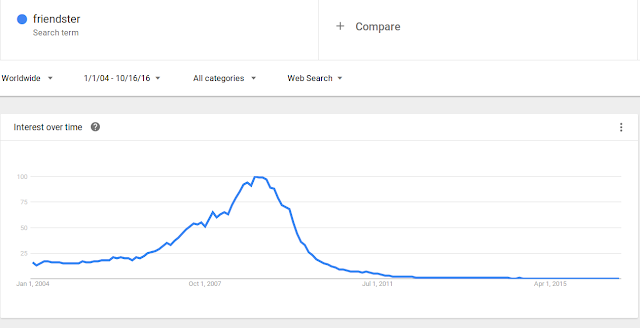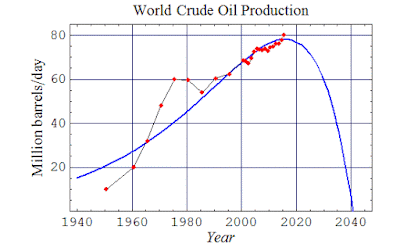How do you define transition?
A transition is a radical, revolutionary, and long-term change. The transition from dictatorship to democracy, from mobility from horse and carriage to car, from small-scale decentralized energy system to central fossil energy system, from small-scale agriculture to industrial agriculture — these are very big changes that are technological but also social, institutional, economic.Many developments occur simultaneously, but not everything changes from one day to another, sometimes it takes decades. The great revolutions in history, the political or industrial revolutions, can thus be understood as a transition.
According to the conceptual framework you use, at some point in history an entire system — politics, economics, technology, and everything related — gets stuck and shifts to new system with completely new rules?
Systems have a dynamic equilibrium, in which many small and gradual changes occur. There are dominant values and structures that give a lot of stability, it is something that cannot be changed easily. Yet, at some point, the system itself gets under pressure to change, and the system itself resists against these changes. This means that the pressure becomes so high that at a certain moment the whole system transitions to a different phase, a completely new kind of equilibrium. This transition process is not gradual. A slow change is followed by a chaotic period of severe changes when different processes reinforce each other, until slow adjustments finally occur in a new stable phase.
…click on the above link to read the rest of the article…






